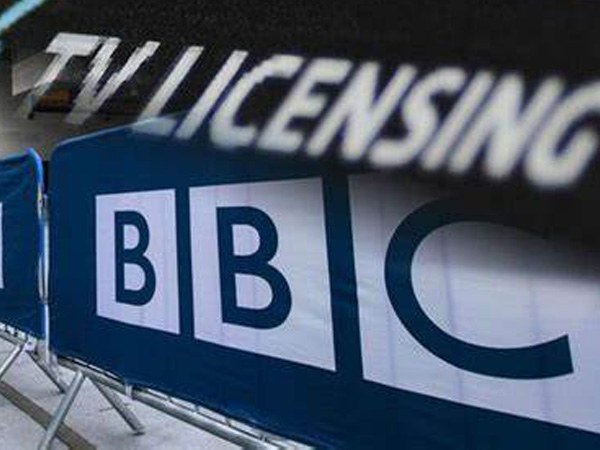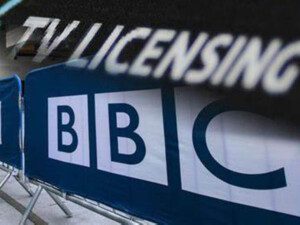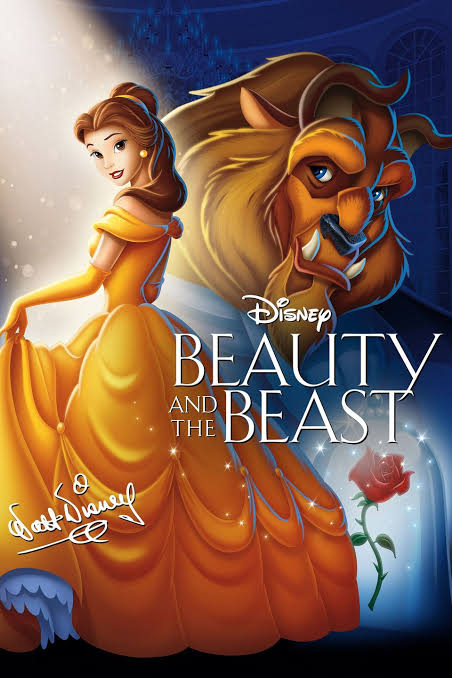by Sean Kelly
Share
by Sean Kelly
Share

By Sean Kelly
The recent death of the Queen has, quite naturally, seen a deluge of media coverage. Considering the vast length of her reign and the high esteem she was held in across the world, it is unsurprising how all-encompassing this has been. On the night of her death, the BBC showed blanket coverage across its many platforms. Both BBC One and BBC Two were broadcasting the exact same footage as the BBC News channel. BBC Four’s programming for the evening was suspended, presenting the viewer instead with text encouraging the viewer to switch to one of the BBC’s other stations covering the Queen’s death. In the world of radio, the various BBC radio stations presented a similar monolith.

This is no judgement on the Queen herself, or the public’s response to her death. Rather, it is a question of the use of public resources. The BBC is, of course, funded by the License Fee, which is paid by the public. I’m certain that amongst the millions who pay this fee there must, inevitably, be a certain percentage of people who are opposed to the monarchy. Some may be admirers of the Queen that were looking for some alternative to watch that night, in order to escape from the pervading feeling of sadness. Elsewhere, I’m certain, there were people that didn’t particularly care one way or the other. Regardless, all of these people would still be legally obligated to pay their License Fee
Even defenders of the License Fee must be aware of these frustrations. In an era where media consumption trends have shifted rapidly to the various streaming platforms, it’s entirely possible that someone could avoid any BBC material at all. Considering that the BBC can effectively suspend this broadcasting funded by the public whenever is chooses, it opens up further questions about the sustainability of the License Fee.
There are, of course, myriad other ways into this debate. Some people may object to paying for the material of comedians they find offensive; others may feel the resources provided by the BBC ensures that it’s necessary and justified. Yet, it’s hard to shake the feeling: the License Fee’s days may be, and should be, numbered.
Related Posts
The amazing sound and incredible energy of Afrobeats is set to vibrate around St Columb’s Hall at a special fundraising night planned by the Mayor of Derry City and Strabane District Council for Spring this year. Feel the Beat: An Afro-Inspired Bank Holiday Celebration will feature top DJs Renzo Rose, DJ Rob and DJ Lui […]
Libraries throughout Donegal are taking part in Ireland Reads a campaign to get the whole country reading this month in the lead up to a national day of reading on Saturday, February 22. Irish libraries have teamed up with publishers, booksellers, authors, and others for the campaign, which is part of the government’s Healthy Ireland […]
Derry City and Strabane District Council are seeking nominations from the public for the 2025 edition of the Derry Strabane Sports Awards. The annual celebration of amateur sport across the City and District will take place in the Guildhall on Thursday June 5. The event is hosted by Derry City and Strabane District Council, in […]
Much Ado Stage School are preparing to take to the stage at the Alley Theatre for a spellbinding performance of Beauty and the Beast. The local group will perform the timeless classic from February 20-22.From the enchanted castle to the charming village, this magical production promises to transport audiences of all ages to a world […]



